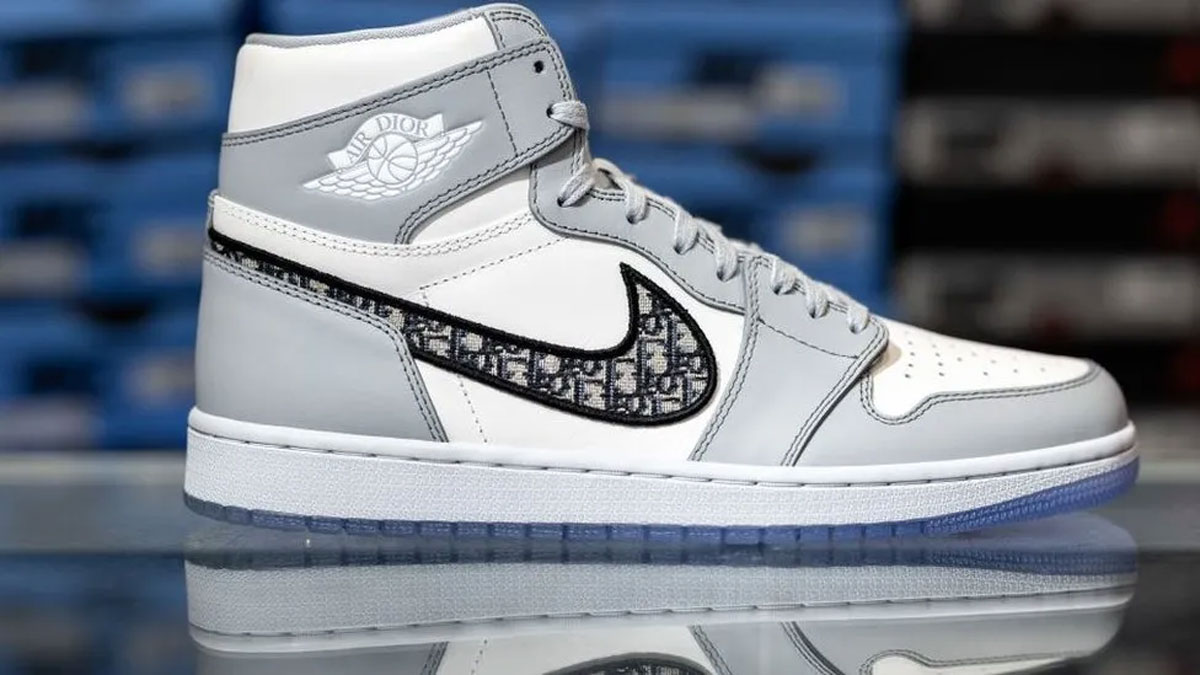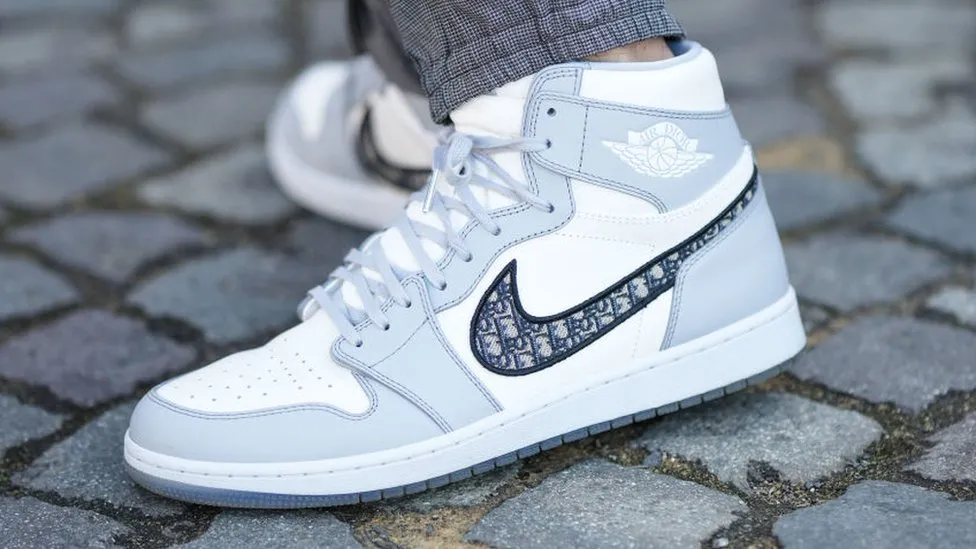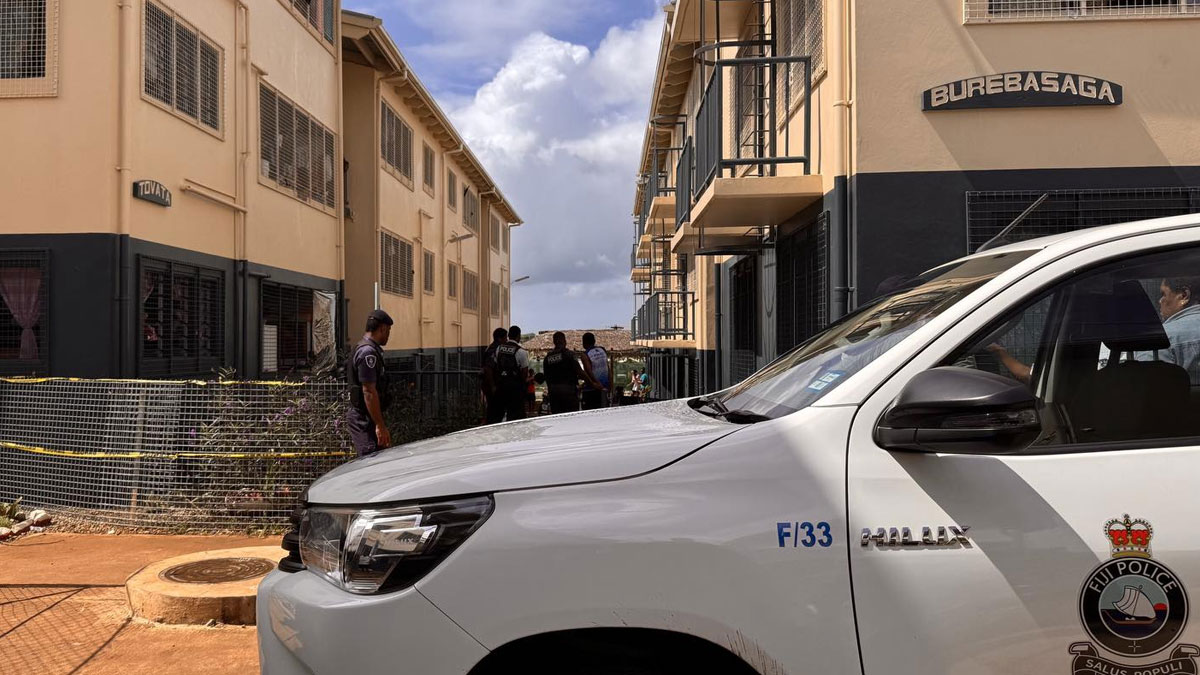
A Melbourne man who spent nearly 30,000 Australian dollars (£16,100) on shoes he now believes to be fake has had his case thrown out by a tribunal.
He was seeking a refund for seven pairs of sneakers, some of them ultra-rare shoes produced jointly by sportswear and fashion giants Nike and Dior.
But state legal authorities found he had knowingly bought the trainers from a boy who was only 17 at the time.
That meant he could not sign contracts and was not liable for refunds.
In October last year, the man, an estate agent, took the 17-year-old student and his father to the Victorian Civil and Administrative Tribunal (Vcat) to ask for a refund on the seven pairs of shoes.
Four of the pairs were limited-edition shoes from a collaboration between Nike and Dior. Only 4,700 high-tops and 8,500 low-tops of the Dior x Nike Air Jordan 1 sneakers were available for purchase via a raffle system.
The man paid sums ranging from A$3,800 (£2,040) to A$10,000 (£5,370) for each pair of Nike Air Jordan 1 Dior sneakers, as well as A$2,690 (£1,445) for three pairs of Nike Air Jordan 1 sneakers in various colours.
After receiving the shoes, the man told the Vcat that he noticed "defects" and contacted the seller for a refund - but did not receive a reply and went on to contact the teen's father.

He claims the boy's father accompanied him to local authenticators, who immediately recognised the teen as a "fraudster and scam artist" by name. The teen and his father disputed that the shoes were "unauthentic" and that the store used to check the sneakers was authorised to authenticate them.
The seller's father also told the tribunal that he only became involved in the situation to "protect the safety of his family" after his son was chased through a shopping centre.
Dismissing the claim in December, Vcat member Katherine Metcalf said that the father's involvement was not enough to suggest that he was responsible for the refund, and that the agreement was between the man and the student only.
But as the seller was underage when the shoes were sold, he was not legally able to enter into a contract or liable to make any refunds under Victorian state law.
"Had the agreement been entered into when [the seller] was 18 years old the result might have been different," Ms Metcalf wrote in her reasons for the dismissal.
"Whilst the law generally protects minors from the consequences of their own actions, it could be argued that in the present circumstances it is not the minor who needs protection, but rather the people with whom he chose to do business."
Source: Fashion
Stay tuned for the latest news on our radio stations

